
Incompatible Alternatives: HSE Researchers on the Ambivalence of Power in the Twenty-first Century Economy
Ambivalence and a combination of contradictory principles are vividly manifested in the actions of government, its individual agents and institutions, as well as the everyday practices of economic subjects and citizens. The participants of the HSE Laboratory for Studies in Economic Sociology seminar discussed the book The Ambivalence of Power in the Twenty-First Century Economy: Cases from Russia and Beyond, recently published in the UK. Prepared by researchers from HSE University and foreign universities, the book focuses on the study of ambivalence in Russia and beyond.

The Informal Economy and Post-Soviet Transition
The informal economy is a global phenomenon found in both developed and developing countries. There remains no consensus among academics about how the informal sector impacts overall economic growth. Elena Kalmychkova and Alexander Lipanov of Lomonosov Moscow State University and HSE University examined the informal economic sectors of former Soviet republics and found that regardless of any potential negative impact, these informal economies eventually helped people adapt to a post-transition free market environment.

Russians Feel Disappointed with Their Income if Their Reference Group Average is Higher
Researcher Anastasia Dubnovitskaya of HSE University has studied the impact of social comparison on the level of Russians' pay satisfaction. The study used data from the Russia Longitudinal Monitoring Survey — HSE University (RLMS-HSE) from 2002 to 2018. It turned out that the main contribution to Russians' pay satisfaction is the difference between their actual pay and the average wages of the reference group — people with similar characteristics. The size of one's own wages was of secondary importance.
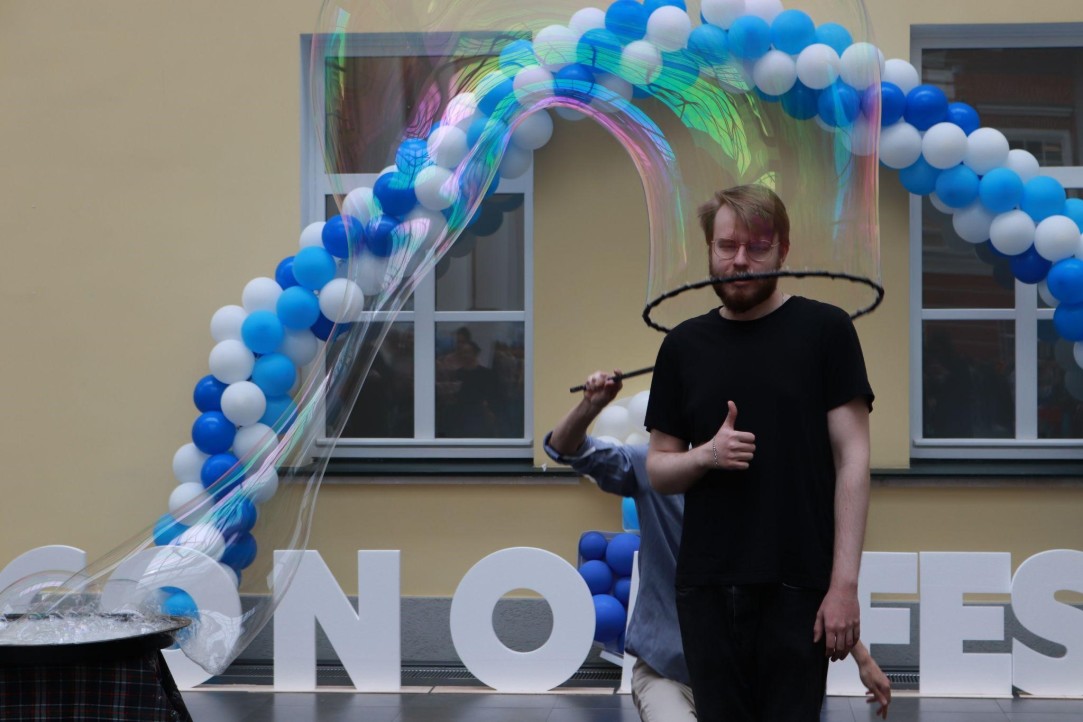
Anti-lectures, Cake and Soap Bubbles: HSE Faculty of Economic Sciences Celebrates Its 30th Anniversary
This year’s jubilee programme of Economfest turned out to be particularly eventful. Congratulations from university leaders, meetings with teachers, games, contests, quizzes, a job exchange with KPMG and Changellenge, as well as popcorn, cotton candy and cake were prepared for students, applicants and guests of HSE University.
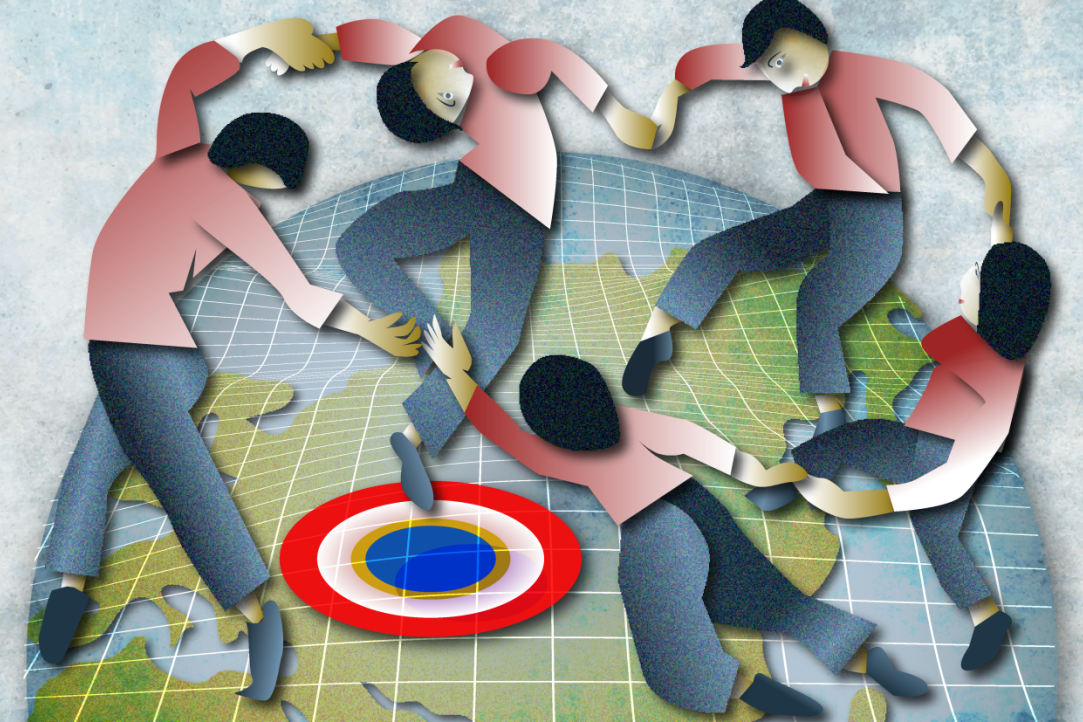
Eurasian Barriers: Obstacles to International Economic Integration in the Post-Soviet Space
The creation of the Customs Union and the Eurasian Economic Union (EAEU) contributed to the development of mutual trade between their member countries. That process picked up pace significantly starting in 2019. Still, it is too early to say that the efforts by EAEU member states to achieve economic integration have been an unqualified success. This problem is the focus of a joint report that a group of experts from Russia (HSE), Kazakhstan, Belarus, Armenia and Kyrgyzstan presented at the XXIII Yasin International Academic Conference organised by HSE University in April.

Unlike Female CEOs in Europe, Women Executives in Russia Are As Likely to Pursue Innovation As Their Male Colleagues
Gender, alongside other characteristics, seems to have a different effect on CEO risk-taking practices in Russia and in Western Europe. Female executives in Russia are at least as likely as men — and in some areas even more likely — to engage in new R&D or to launch new products on the market.
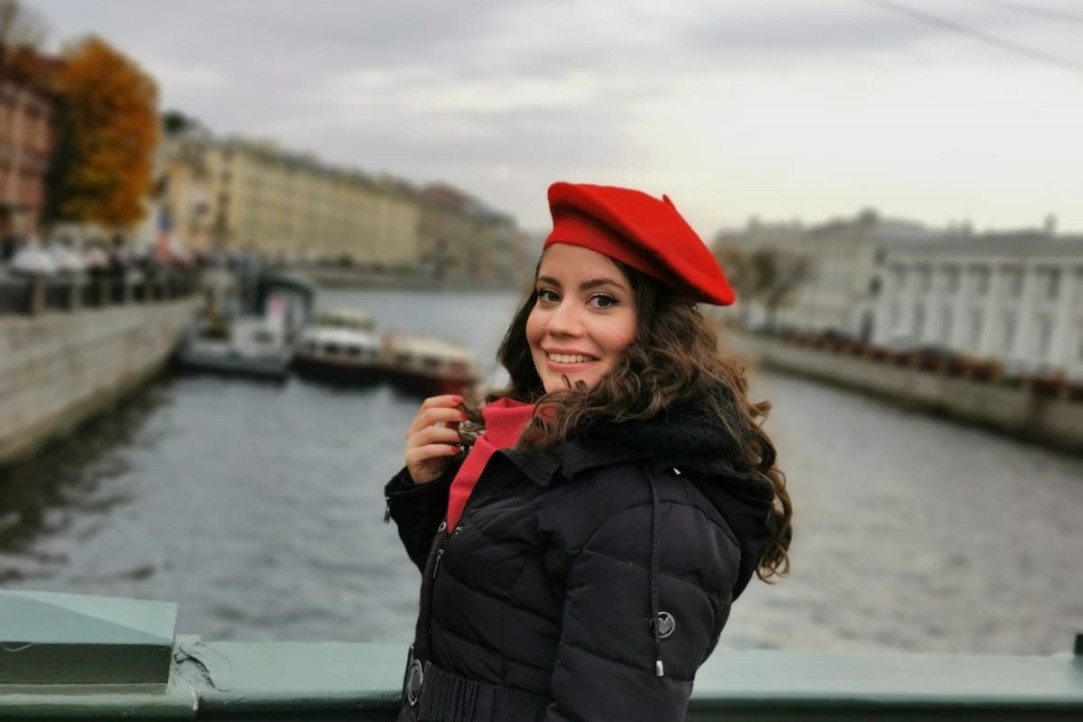
‘Gaining Practical Knowledge and Learning to Do a Lot in a Short Time’—The Life of an HSE PhD Student
Milica Simonovic, from Belgrade, Serbia, is a doctoral student at the HSE University Faculty of Economic Sciences. She is currently working on her doctoral thesis on corporate governance and intellectual capital disclosure. We interviewed Milica to find out more about her thesis and her experience of the university’s application process for PhD students.
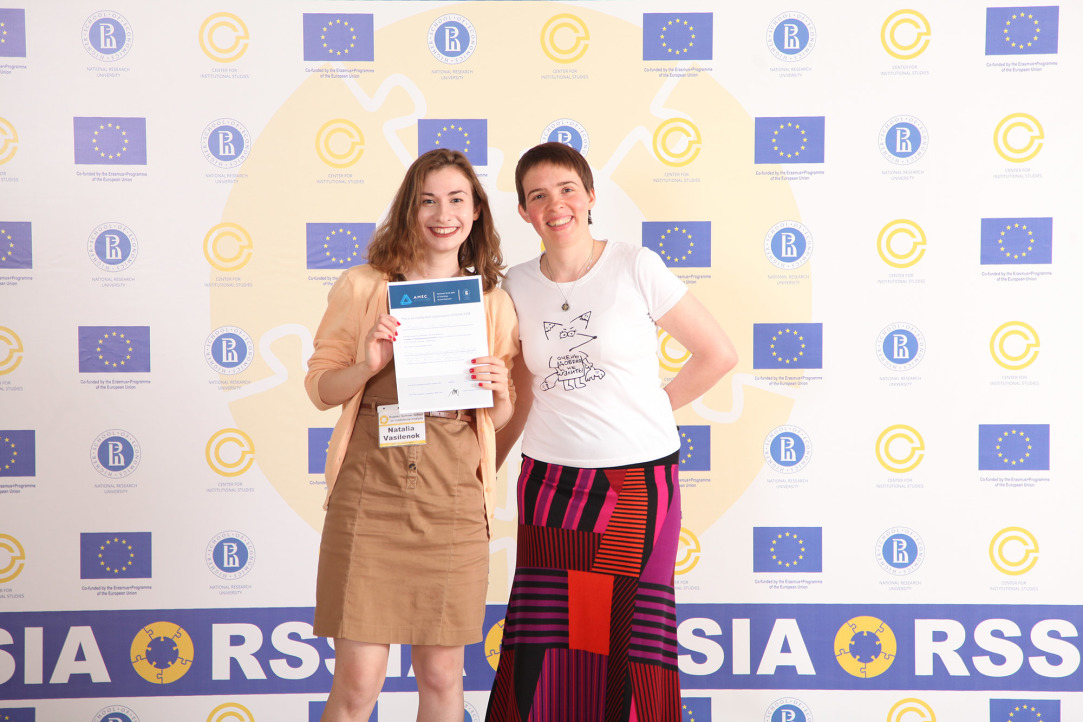
Economic Empowerment at HSE University
HSE University alumna Dr. Elena Podkolzina recently became an academic supervisor of the newly established master's programme in Economics and Economic Policy. Having been part of HSE University for nearly 25 years now, Dr. Podkolzina recalls her student years and shares her experience as deputy director of the Center for Institutional Studies.

Risk-Taking Propensity Significantly Contributes to Entrepreneurship
Risk-takers are thought to be more likely to set up and grow their own ventures because business involves many risks. This does not apply to all entrepreneurial situations, but only to those where people have realized that running their own business is something they really want, not something they are pushed to do.
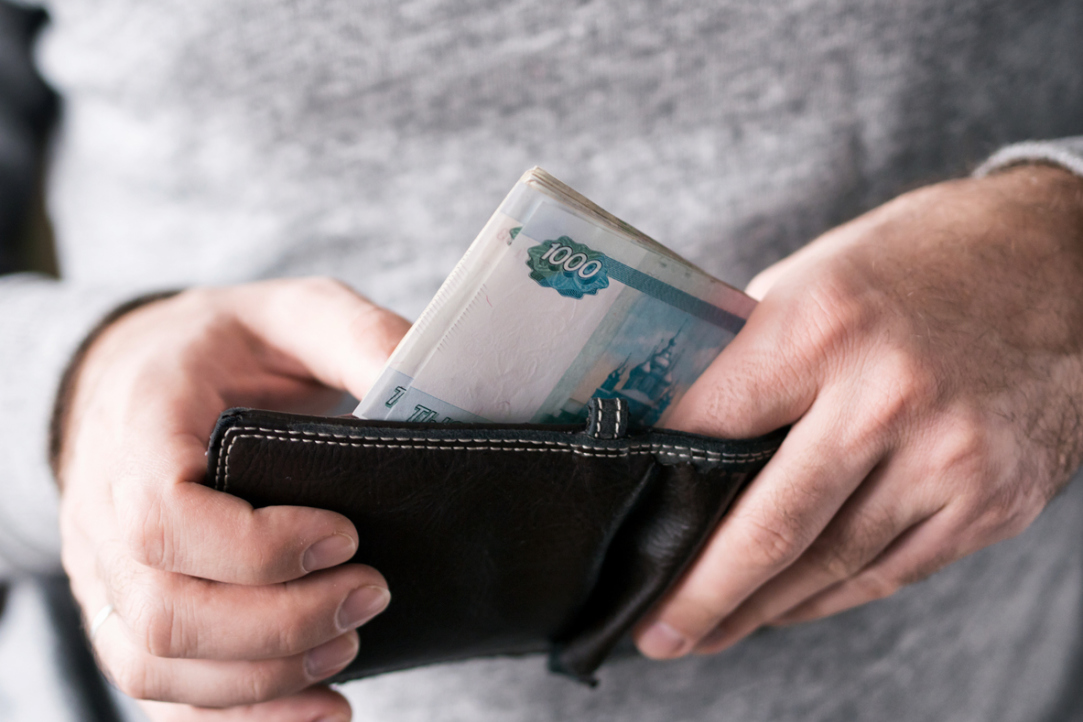
Chronic Poverty in Russia Has Decreased in the Past Two Decades
Poverty has been falling in Russia since the early 1990s — from 34% in 1994 to 12% in 2019. Part of the population has experienced situational poverty due to economic crises.


Deadline for abstract submission - November 15